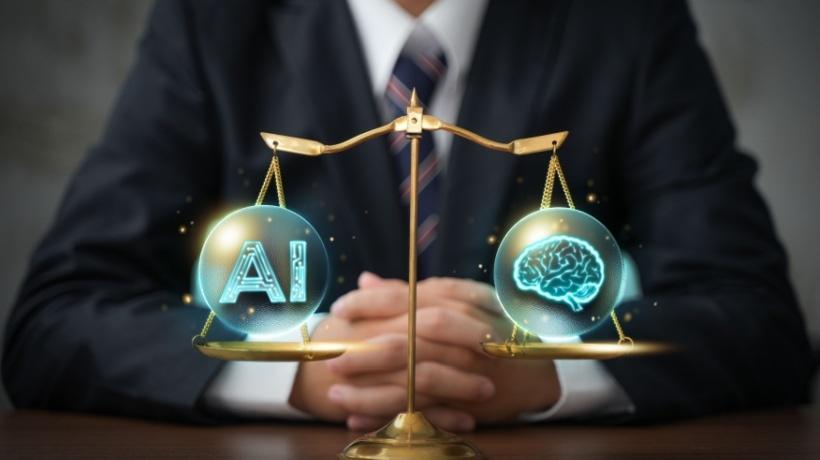
"Business leaders have been incorporating Artificial Intelligence into their hiring strategies, promising streamlined and fair processes. But is this really the case? Is it possible that the current use of AI in candidate sourcing, screening, and interviewing is not eliminating but actually perpetuating biases? And if that's what's really happening, how can we turn this situation around and reduce bias in AI-powered hiring?"
"The most common cause of bias in AI originates from the data used to train it, as businesses often struggle to thoroughly check it for fairness. When these ingrained inequalities carry over into the system, they can result in historical bias. This refers to persistent biases found in the data that, for example, may cause men to be favored over women. AI systems can be intentionally or unintentionally optimized to place greater focus on traits that are irrelevant to the position. For instance, an interview system designed to maximize new hire retention might favor candidates with continuous employment and penalize those who missed work due to health or family reasons."
AI-powered interviews can perpetuate existing inequalities when training datasets reflect historical discrimination, producing historical bias that favors certain groups. Poor feature selection can create algorithmic bias by weighting irrelevant traits such as uninterrupted employment, penalizing candidates with legitimate gaps. Incomplete or unrepresentative datasets produce sample bias by omitting demographic groups or experience types. These technical failures can be amplified by lack of transparency, inadequate fairness evaluation, and absent human oversight. Mitigation requires auditing and cleaning training data, selecting only job-relevant features, ensuring representative samples, applying fairness-aware metrics, and maintaining human review and continuous monitoring.
Read at eLearning Industry
Unable to calculate read time
Collection
[
|
...
]